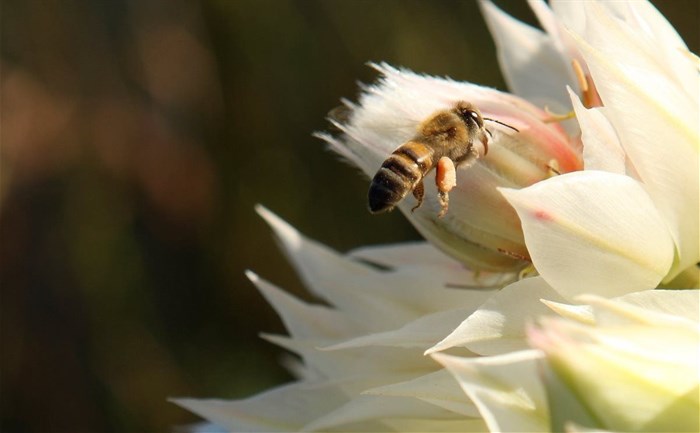
Bee populations are declining for several reasons, including pesticides, drought, habitat destruction, nutrition deficit, air pollution and global warming. Many of these causes are interrelated and, as a result, the pollination requirements of our agricultural industry – particularly horticulture, which relies heavily on honeybee pollination – are not being met.
Addressing this issue is particularly crucial for horticultural crops, which have experienced the strongest growth recently. Soft citrus export volumes grew by 257% from 2011 to 2020, and lemons and limes were up by 180% over the same period.
Exports are the primary driver of expansion in horticulture, which dominates South Africa’s agricultural exports, and the latest figures from the Bureau for Food and Agricultural Policy project more than 100% growth in macadamias, avocados and oranges by 2030. Add to this that retailers and consumers in many of our overseas markets are becoming increasingly conscious around conservation and environmentally farming practices, finding a solution for this is a no-brainer for South Africa.
But for now, with too few bees to pollinate the crops needed to feed our burgeoning population, the average commercial fruit farm spends between R700 and R1,100 per beehive to rent these vital pollinators for their pollination period. What if some of this funding was spent on planting indigenous vegetation to expand biodiversity conservation areas, increase forage sites and mitigate habitat loss while reducing production costs?
Nedbank Green Trust is now working with the Worldwide Fund for Nature and Living Lands to restore fynbos for honeybee forage and critical habitat for local animals and insects, particularly in the Langkloof region in the Eastern Cape, which is an important agricultural zone known for pome fruit production.
This initiative can also help to build alternative livelihoods for the farmers in the area, such as honeybush production for export, local micro-enterprises based on the variety of honeybee marketable products, and ecotourism opportunities, which help to diversify incomes in agricultural landscapes.
The economic upside of this cannot be ignored: in 2016, beekeeping and honeybee products and services contributed almost R16 billion to the South African economy and accounted for 180 000 jobs. But in the last decade, local honey production has declined by more than 50% while the import of honey has increased by as much as 1 000%. Projects like this could help reinvest in the local honeybee industry, thereby reducing the needs to import, increasing the pollination service provision and providing much-needed local economic development.
But aside from the benefits, the bottom line is that humans depend on plants and plants depend on pollinators and a balance must be maintained to sustain life on earth.
Currently, there is no standard or recognition for bee-friendly farming practices in South Africa but fortunately, many farmers are committed to reducing chemical use and using sound sustainability principles on their farms. We view our partners in agriculture as playing a key role in supporting the virtuous circle on which honeybees depend.
Best practice by all landowners – including in the agricultural sector – provides good forage for bees, which results in good pollination, which in turn means better crop yield and quality. Best practice includes responsible and sensitive use of pesticides, particularly during flowering or foraging season, and educating farmworkers to do the same; providing honeybee forage through the restoration of natural vegetation and by including crops such as canola, sunflowers and lucerne in crop rotation cycles; allowing beekeepers access to land to provide secure beehive sites that are inaccessible to vandalism; responsibly planting non-listed eucalyptus and other bee-friendly trees on unused